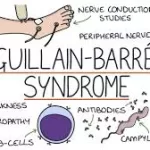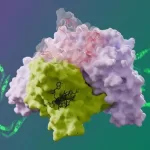Introduction: An alarming outbreak of psittacosis, commonly known as “parrot fever,” has resulted in the deaths of five individuals across Europe, according to the World Health Organization (WHO). The outbreak, characterized by over 100 reported cases in Austria, Denmark, Germany, Sweden, and the Netherlands from 2023 to early 2024, has raised concerns among health authorities due to its severity and unexpected rise.
Understanding Psittacosis: Psittacosis, caused by the bacterium Chlamydia psittaci, primarily affects individuals who come into contact with droppings and secretions from infected birds. Contrary to its name, C. psittaci differs from the sexually transmitted variant of chlamydia. Most cases of parrot fever have been observed in individuals who work with or own pet birds, poultry workers, veterinarians, and gardeners.
Expert Insights: Dr. Stephen Rich, a specialist in zoonotic diseases, emphasizes that while psittacosis is a serious illness, it is not expected to reach the scale of COVID-19. Transmission from human to human is rare, with WHO assessing the public health risk as low. Dr. Patrick McHugh underscores the importance of caution, particularly for pet bird owners, in light of the potential dangers associated with exposure to bird droppings.
Symptoms and Prevention: Symptoms of psittacosis include fever, headache, muscle pains, and respiratory symptoms resembling other respiratory illnesses. Infected birds may exhibit lethargy, weight loss, and abnormal droppings. Prevention measures recommended by WHO include maintaining clean bird cages, practicing good hygiene, and wearing masks and gloves when handling birds or cleaning cages.
Conclusion: As the psittacosis outbreak continues to unfold, health authorities urge vigilance and adherence to preventive measures to mitigate the spread of the disease. With prompt diagnosis and appropriate treatment, the risk of severe complications and fatalities can be minimized. Public awareness and proactive measures remain crucial in containing the outbreak and safeguarding public health.











